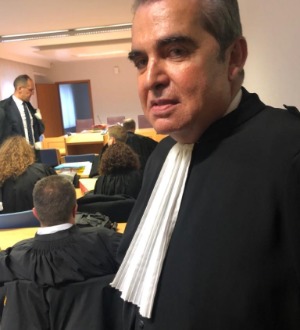Best Lawyers in Madrid, Spain for European Union Law
Practice Area Overview
Moreover, EU law is characterised by its direct effect and primacy. The ECJ in Case Costa/ENEL recognised the supremacy of this legal order over national law.
With respect to the principle of direct effect, two aspects must be considered. First of all, the immediate or direct applicability implies that certain rules of secondary legislation become part of Member States’ national law without been previously transposed. Secondly, whenever some conditions are met, both legal and natural persons can request the application of EU law in its relations with national public administrations or even with other private persons.
Another principle to be mentioned is that of the State liability for breach of EU law. According to this principle, Spain as a member state has the obligation to make reparations for the loss and damage caused to individuals.
EU law is as relevant as Spanish law is in Spain, and it implies rights as well as obligations to the Spanish authorities and the residents and non residents in the country.
Competition is one of the main legal areas of European law, as this policy is essential for the functioning of the internal market. Within the EU, the European Commission is the main authority responsible for the protection of this market and tries to fight against anticompetitive behavior. The Commission supervises mergers and state aids. Amongst its competences, this institution can carry out investigations, take binding decisions and impose fines when companies do not compete fairly with each other.
The CNMC is the Spanish regulator which protects and rules over competition, and usually its involvement in merger control procedures is high. In Spain, two notification thresholds coexist, referring to market share and turnover volumes. European law lawyers also represent undertakings before administrative and judicial authorities in all kinds of proceedings; including sanctions and damages proceedings (either as claimants or defendants) and merger controls.
Select a location from the list below to find the best legal talent for your needs.


Our Methodology
Recognition by Best Lawyers is based entirely on peer review. Our methodology is designed to capture, as accurately as possible, the consensus opinion of leading lawyers about the professional abilities of their colleagues within the same geographical area and legal practice area.
The Process
Best Lawyers employs a sophisticated, conscientious, rational, and transparent survey process designed to elicit meaningful and substantive evaluations of the quality of legal services. Our belief has always been that the quality of a peer review survey is directly related to the quality of the voters.







